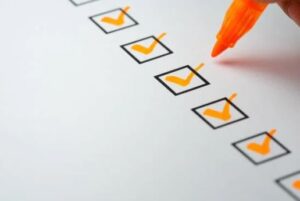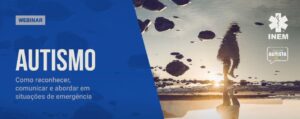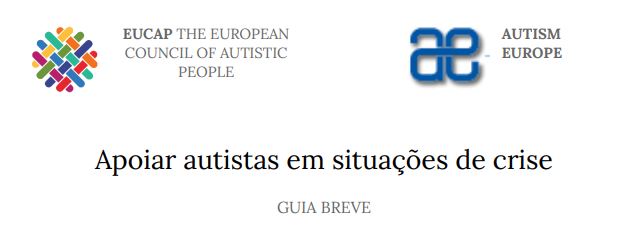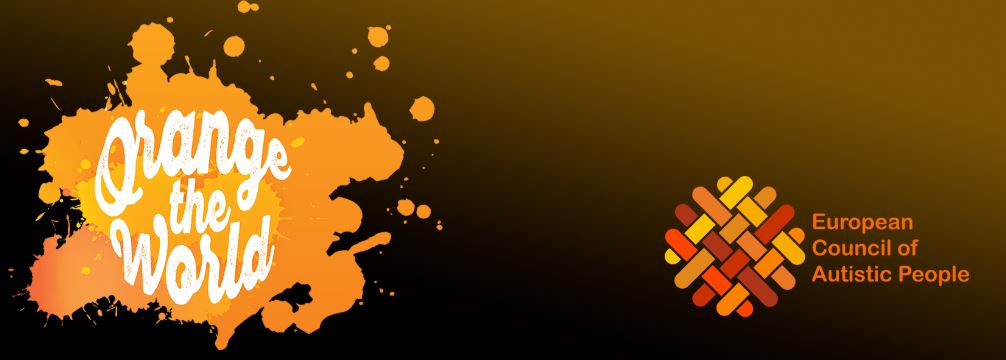
We currently provide an online support group for adult autistics people and other neurodivergencies.
The support group run in cycles of 3 months, with one cycle usually from September to December and another from February to May.
Each session has a theme chosen by the participants and registration is free.
They take place on Saturdays at 5.30 pm to 7 pm., via Zoom.
We also have a Discord channel where autistic people, family/carers and professionals can chat, that has an channel for English speakers.
Testimonials
“This group has helped me discover that I am autistic. I feel more and more comfortable to be me, I’m making new friends and I finally have a safe space where I don’t have the need to mask”
“I believe this is the best Autistic support group ever set up nationally, even if it is little known and I would like others to know about it too.”

Suspeita poder ser autista ou conhece alguém que pode ser autista, mas não sabe o que fazer de seguida?
Veja mais informações sobre traços do Autismo em criança e em adulto, e o que fazer se suspeitar ser autista. Pode também fazer o nosso teste Quociente do Autismo (para maiores de 16 anos).

If you are interested in any of our trainings (you can see them below), please contact geral@vozdoautista.pt. We are available to develop customized trainings based on your needs.

Associação Portuguesa Voz do Autista, has partnered with ARFID Awareness UK to develop information on Restrictive and Avoidant Eating Disorder (TARE).

We develop training of public response teams, such as emergency services, police, or other authorities who are in contact with the public, to know how to act in an emergency and descalate situations, in a safe way for the autistic person.
APVA, with the portuguese healthcare emergency services (INEM Instituto Nacional de Emergencia Medica) on how to approach and support autistic people in an emergency situation, by doing an open session (here – in portuguese) and creating a mandatory course for any staff in their platform (announcement here). We also went into an ambulance and made a procedure on how to use limited equipment from the ambulance, to support the autistic people to regulate themselves.

Many of the studies developed in the past have focused on curing or normalising autistic behaviour from the perspective of non-autistic people. In recent years, the scientific community has begun to include autistic adults and children in the development of participatory research to ensure that we can redirect support to what autistic people really need.
As such, we support studies that focus on recognising the autistic experience and lived experience, supported by the neurodiversity paradigm.
We have developed an Autism Researcher’s Guide on some tips on how to include autistic people in your research.

The clothing and fashion industry still does not offer enough solutions to the daily difficulties of autistic people, but it is an important area to guarantee independence. Clothing should be easy to wear, comfortable and with less stimuli and other labels that could cause overload.
Dear Ocean, accepted our challenge and developed clothes, based on feedback we received from autistic people and their family members, about needs and preferred clothing.
The Infinity collection is sensory aware and developed to be easy and comfortable to wear.

We partner with international and national autistic activists, their families, organisations, the scientific community and experts in the field, to translate and expand information and international projects that can help autistic people in Portugal. If you are interested in partnering with us, please contact us at projetos@vozdoautista.pt

For autistic people, sex education needs to be about more than the mechanics of sex. It should be about flirting, developing healthy relationships, safe sex, hypersensitivities during sex, consent and bodily autonomy. Adults with autism or intellectual disability need safe places to ask honest questions without shame.
As part of the week on the fight against poverty and social exclusion, and in a joint initiative, the Associação para o Planeamento da Família (Association for Family Planning), a Associação Portuguesa Voz do Autista (Portuguese Association of Autistic Voices) and the European Anti-Poverty Network Portugal developed a video that lifts the veil on some of the specificities that the sexuality of autistic people present. Sexuality is a central dimension in all our lives, and it is urgent to know more and understand it better, ensuring healthy and positive experiences for all people. See the video below.


A APVA tem afiliação com a European Council of Autistic People (EUCAP) e com a Autistic Self-Advocacy Network (ASAN).
Estamos envolvidos em projetos europeus e internacionais com foco nos direitos humanos e apoio de autistas.
A APVA esta também representada na Task Force da European Network for Independent Living (ENIL) onde temos discutido necessidades e barreiras a nível europeu e nacional.

In the context of the need to include and guarantee support to autistic people and their family members in the humanitarian response to Ukraine, a brief guide “Supporting autistic people in crisis situations”, developed by EUCAP (European Council of Autistic People), of which we are affiliated, and Autisme Europe was developed. In this file we provide some information about what Autism is, how to recognize it, how to help and where you can find more information. It is available in several languages, some AAC material, information on what to do and who to contact for support. You can also join Ukraine Autism Help group online to find different support offers by country in accomodation, transports, autism help, etc.

The European Council of Autistic People, of which we are affiliated, received funding from the European Women’s Lobby to develop a 3-month project on violence against autistic people, in particular autistic women and girls. This project resulted in a survey on experiences of violence in autistic people, where the preliminary results will be presented in a webinar on International Women’s Day, March 8, at 13 of Portugal. The webinar will be in English and free of charge, and will be recorded and shared afterwards.